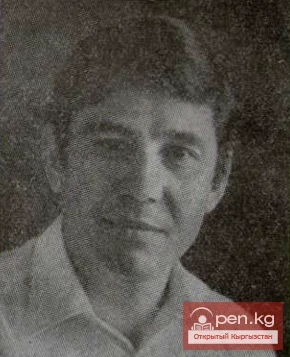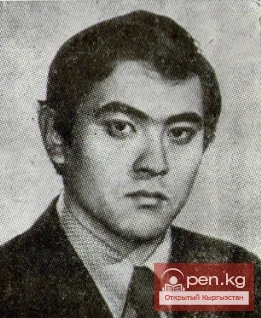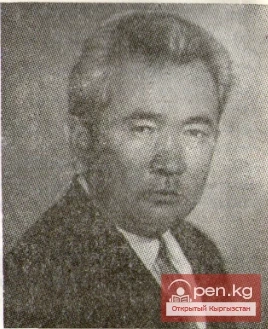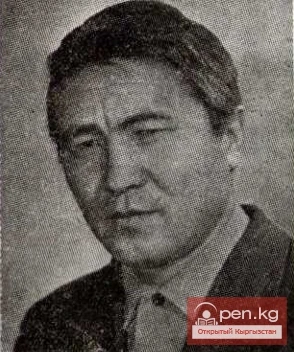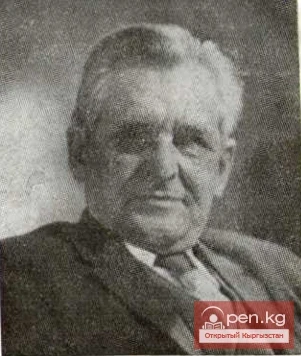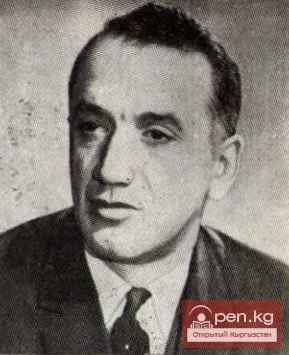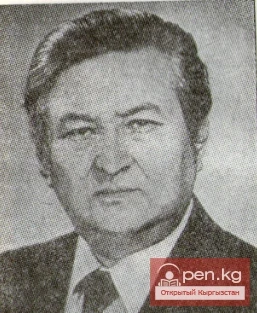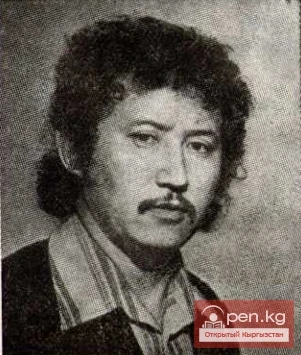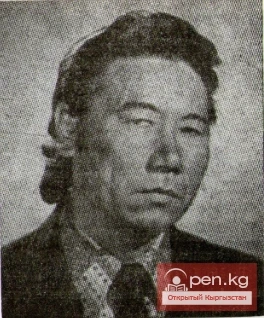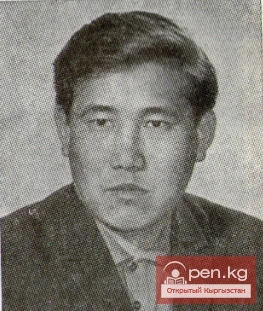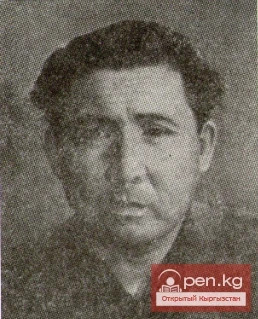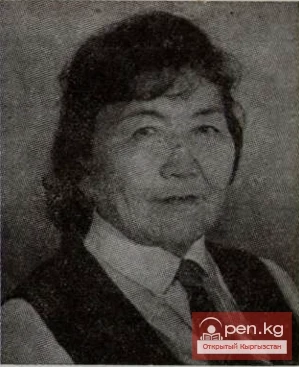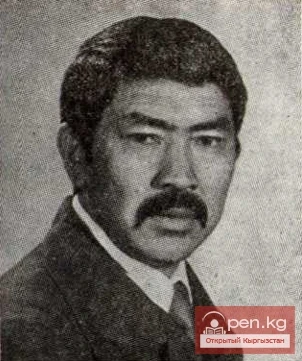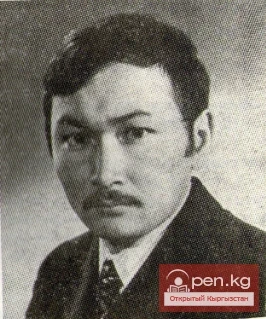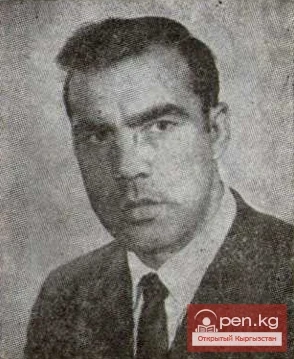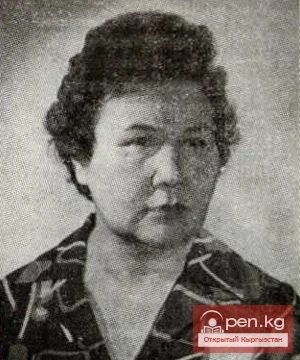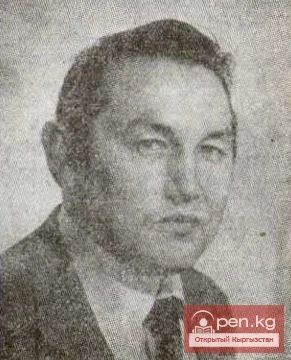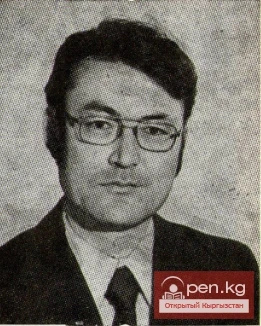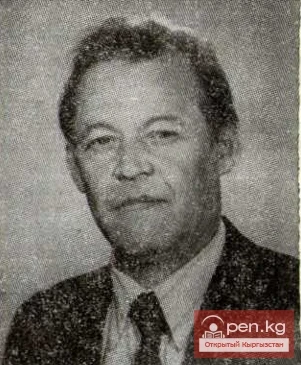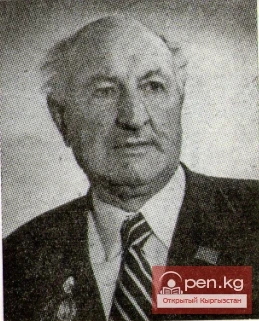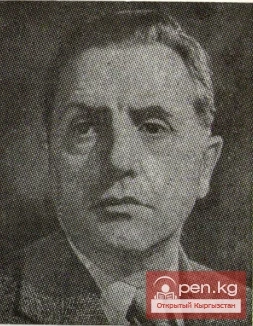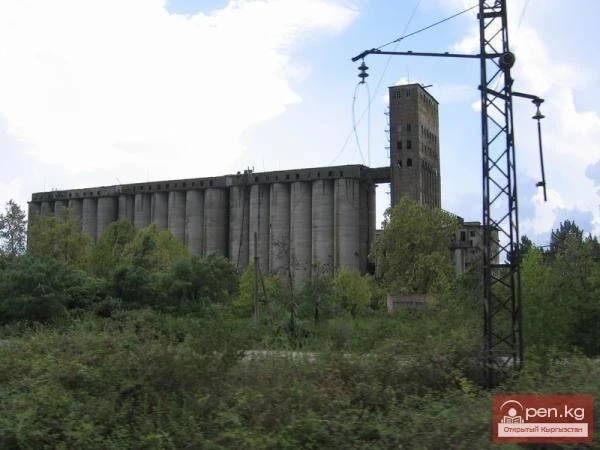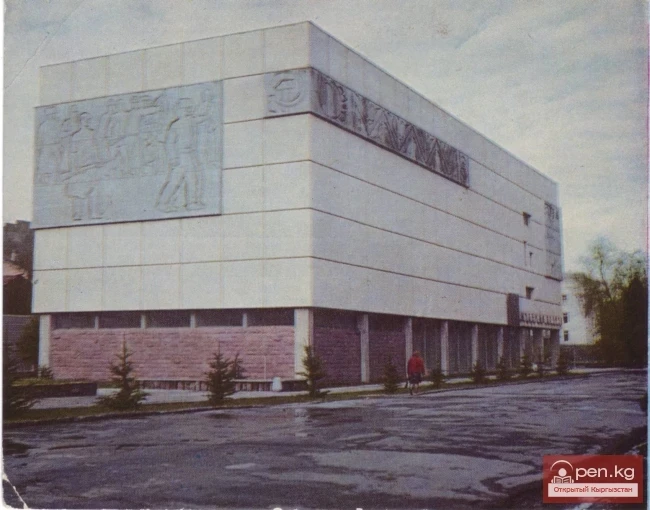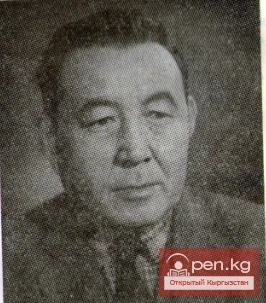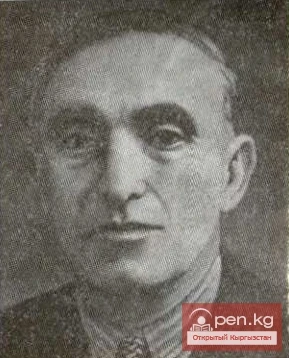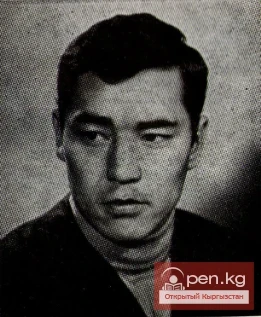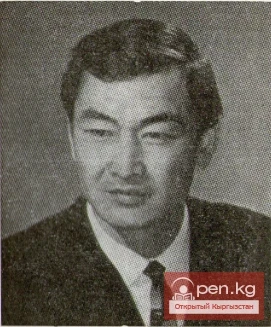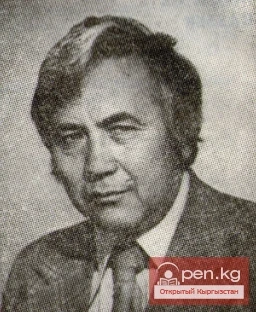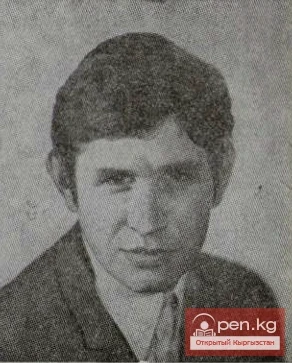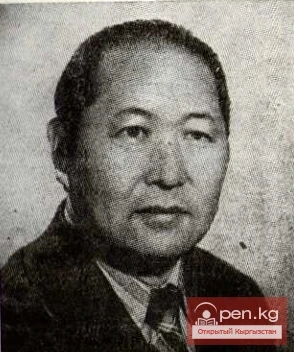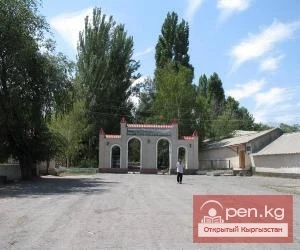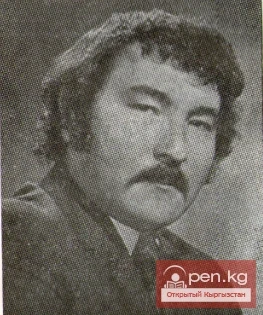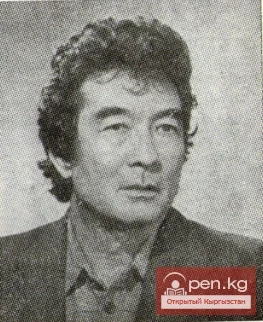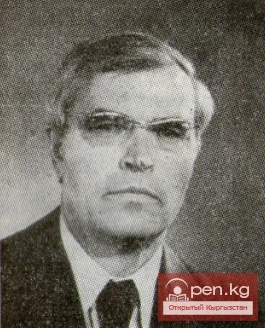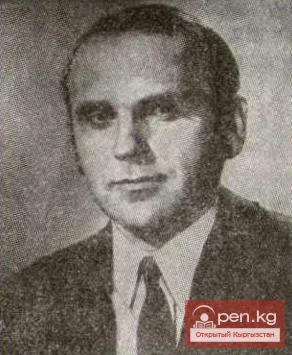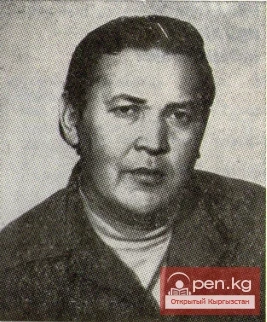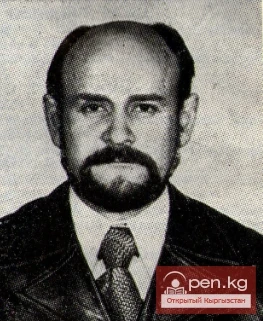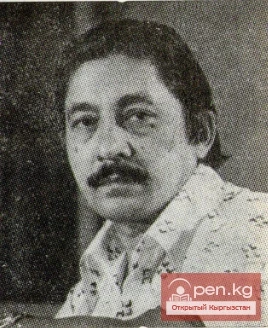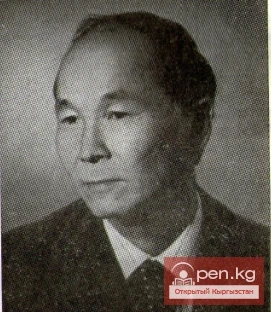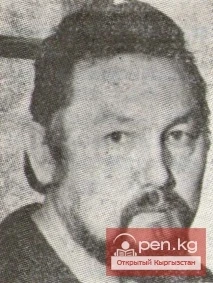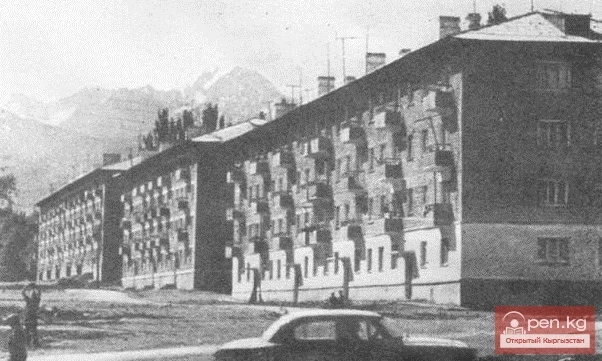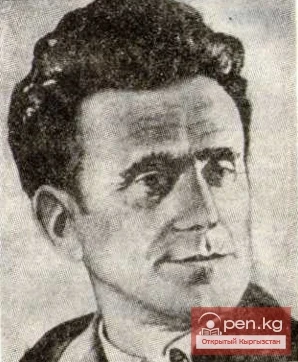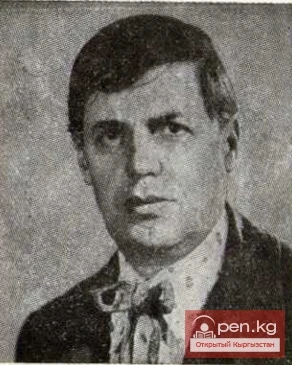
Shvedov Yuri Sergeyevich
Cinematographer, film director. Member of the Communist Party of the Soviet Union since 1954. Born on October 1, 1924, in the city of Mogilev to a military family. After graduating from high school in 1941 in Moscow, he enrolled in the Aviation Institute, and after its evacuation, he joined a military aviation school. He served until the end of the war as part of an assault aviation regiment on the 3rd Ukrainian Front. He then continued his studies at the Moscow Aviation Institute while also working at the department of aerial cinematography equipment. In 1949, he transferred from the fifth year of this institute to the cinematography faculty of VGIK.
Since 1954, he has been part of the "Mosfilm" studio team. In 1955, he worked on the first widescreen feature film "Happy Youth" (directed by S. Gurov and E. Ryazanov). In 1956, he conducted the preparatory period and auditions for actors for "Carnival Night" by E. Ryazanov, and later, at the request of A. P. Dovzhenko, he filmed the construction of the Kakhovskaya and Kuibyshevskaya hydroelectric power stations, and the damming of the Dnieper and Volga rivers for the widescreen version of "Poem about the Sea".
From 1957, Y. Shvedov associated his creative activity with the Frunze Film Studio. He was the director of photography for the first film entirely shot at this studio, "My Mistake" (1957) by I. Kobyzyev.
Since 1958, Y. Shvedov transitioned to documentary and popular science cinema. He created films as a cinematographer, director, and screenwriter, including "Equal Among Equals" (1958), "Mother's Tale" (1962), "Decade of Russian Soviet Music" (1963), "Frunze. Welcome" (1966), "Cigarette End" (1966), and the essays "Bulgarian-Soviet Club," "Brigade" (both in 1970), "Spring Ala-Too" (1975). He worked especially intensively and productively as a director from 1970 to 1975 on the release of the newsreel "Soviet Kyrgyzstan," producing more than 70 issues during this period. He was mainly occupied with film periodicals in 1976-1980. He also filmed the educational film "Schoolchildren-Mechanizers" (1977), a special issue of "Soviet Kyrgyzstan"—"Meetings on Kyrgyz Land" (1978)—about the stay of Japanese, Turkish, and Czech filmmakers in the republic, and essays "Attention, Road," "Architects—To the Village," "Bread" (all in 1979).
Awards — medals "For Courage" and "For Military Merit" (1945).
Member of the Union of Cinematographers of the USSR since 1960.
